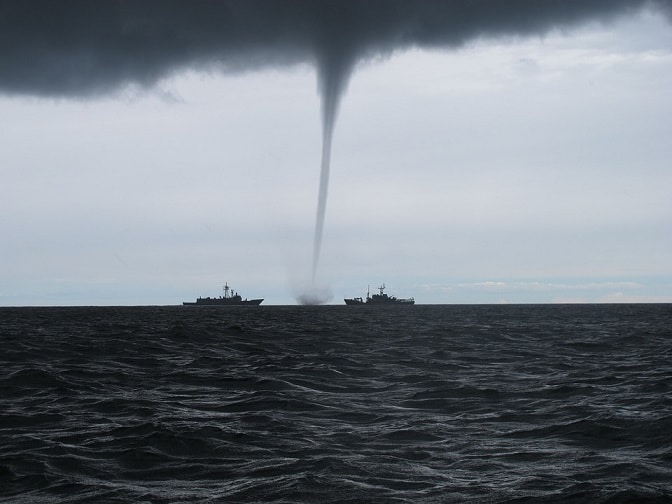The bottled water industry can generally be seen at the forefront of relief efforts during natural disasters and other catastrophic events, as has again been seen during the recent bout of Hurricanes like Harvey and Maria, as well as during the recent lead contamination of Flint, Michigan’s public water supply; the contamination of Toledo, Ohio’s public water system by a toxin from an algae bloom in Lake Erie in 2014; the 2013 chemical spill in Charleston, West Virginia; Superstorm Sandy; and Hurricane Katrina; as well as the numerous floods, wild fires, tornadoes, and earthquakes that occur every year.
Access to safe drinking water is critical for humans, and even more so during disasters, natural or otherwise, when tap water is unsafe. During these times, millions of bottles of water is provided to those in need by water companies, governments and non-profits.
“As with past disasters, the International Bottled Water Association’s member bottlers and distributors began responding, some even before the hurricane made landfall, to provide substantial supplies of bottled water to those affected,†said Bob Hirst, IBWA vice president of education, science, and technical relations.
“IBWA member companies are working around the clock to get bottled water to impacted areas as quickly as possible, and our industry will continue to provide bottled water as needed to the ongoing relief efforts.â€
In addition, some IBWA members have also help meet the need for nursery water and infant formula.
The opposite side of the coin, unfortunately, is that while bottled water may provide necessary relief in the wake of a crisis, the industry itself poses serious long term threats to the environment and public access to water.
There has been a tremendous increase in bottled water consumption over the past few years, behind which is a massive, aggressively marketed, multibillion dollar industry that is draining water in local ecosystems. It also aggressively, and often unscrupulously, attempts to expand its access to natural water sources to facilitate the extraordinary growth of their product.
Many in the industry are privatising public resources, harming the environment, and reducing water security in many poor, rural towns, and no matter how much good they do, this cannot be excused!
Buy water dispensers and rent water coolers from Living-Water in London.






